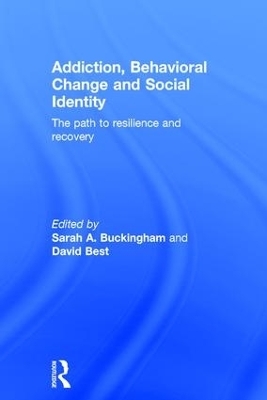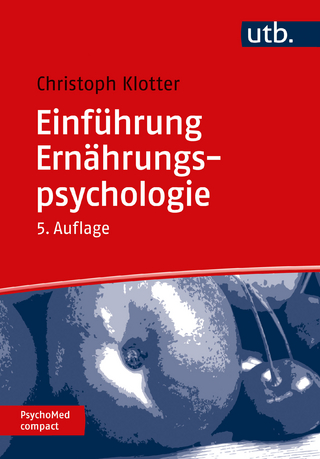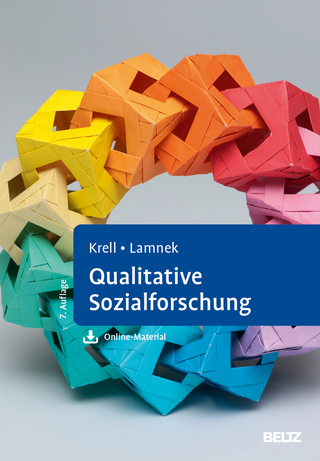
Addiction, Behavioral Change and Social Identity
Routledge (Verlag)
978-1-138-93407-8 (ISBN)
Changing health-related behavior is for many people a lonely and isolating experience. Individual willpower is often not enough, particularly in addressing addictive behavior, but research increasingly points to the potential of group identity to shape behavior change and support recovery.
This important collection explores the social and cognitive processes that enable people who join recovery groups to address their addictive issues. In an era of increasing concern at the long-term costs of chronic ill-health, the potential to leverage group identity to inspire resilience and recovery offers a timely and practical response.
The book examines the theoretical foundations to a social identity approach in addressing behavior change across a range of contexts, including alcohol addiction, obesity and crime, while also examining topics such as the use of online forums to foster recovery. It will be essential reading for students, researchers and policy makers across health psychology and social care, as well as anyone interested in behavioral change and addiction recovery.
Sarah A. Buckingham is a Freelance Researcher. Previously Sarah has worked as an integrative psychotherapist in the NHS and as a Froebel trained primary school teacher. She is also a practising artist. David Best is Professor of Criminology and Head of Research in the Department of Law and Criminology at Sheffield Hallam University, UK and is Associate Professor at Monash University in Melbourne, Australia.
1. Introducing addiction, behavioural change and social identity 2. Applying the Social Identity Approach in Clinical and Health Domains: Key Principles and Insights 3. Addiction recovery, mutual-help organizations and social identity 4. Using social identity to promote health: The impact of group memberships on health in the context of obesity 5. Group identification and addictive health behaviours in adolescents 6. Addiction to crime and a social identity of recovery 7. The associative model of social identification (ARMS): With a particular emphasis upon addiction, behavioral change and social identity 8. Developing the Social Identity Model of Cessation Maintenance: Theory, Evidence and Implications 9. Online support communities in addiction recovery: capturing social interaction and identity change through analyses of online communication 10. Social Identity Mapping: Measuring social identity change in recovery from addiction 11. Building Bridges to Positive Social Identities: The Social Network Diagram and Opiate Substitution Treatment 12. Addiction, Behavioural Change and Social Identity-Overview and concluding comments
| Erscheinungsdatum | 08.02.2017 |
|---|---|
| Zusatzinfo | 2 Tables, black and white; 12 Line drawings, black and white |
| Verlagsort | London |
| Sprache | englisch |
| Maße | 156 x 234 mm |
| Gewicht | 453 g |
| Themenwelt | Sachbuch/Ratgeber ► Gesundheit / Leben / Psychologie |
| Geisteswissenschaften ► Psychologie ► Sozialpsychologie | |
| Medizin / Pharmazie ► Medizinische Fachgebiete ► Suchtkrankheiten | |
| ISBN-10 | 1-138-93407-0 / 1138934070 |
| ISBN-13 | 978-1-138-93407-8 / 9781138934078 |
| Zustand | Neuware |
| Haben Sie eine Frage zum Produkt? |
aus dem Bereich


